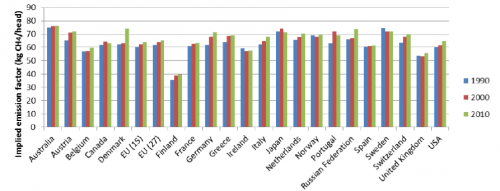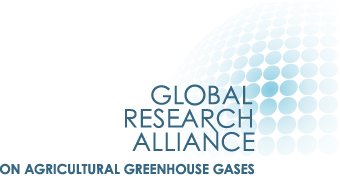Keywords: QA/QC | verification
The Danish GHG inventory is compiled annually by DCE, the Danish Centre for Environment and Energy at Aarhus University (AU), on behalf of the Danish Ministry of Environment. verification activities help establish the reliability of the GHG inventory and may help to point to potential quality improvements in specific sectors/categories. In 2013, an verification was commissioned and conducted by a team of experts from the Department of Environmental Science/DCE, Aarhus University with contribution from external reviewer Ricardo Fernandez, European Environment Agency (EEA). The verification focussed on 25 identified key categories covering energy, agriculture, industry and waste. Using inventory data for 1990 (base year), 2000 and 2010, comparisons of activity data and emission trends were made with data from other sources (e.g. EUROSTAT for agricultural statistics) and with emission factors and trends reported by other countries, such as other EU countries, Australia, Canada, Japan, Russian Federation and the USA.
For livestock data, the following were assessed:
- Activity data used in the inventory were compared with livestock population data reported by EUROSTAT. For cattle, for example, the deviation between the two sources was less than 4 %,
- Comparison of the implied emission factor not only showed that the IEF was in a similar range to other countries, but that the upward trend in the IEF was also seen in other countries’ submissions (Figure 1).
Figure 1: Comparison of Denmark’s IEF with IEFs reported by other countries

Source: Fauser et al. 2013
A similar analysis was conducted for other livestock types and other livestock-related emission sources, and analysis determined the reasons for any differences with other countries’ inventory results.
Further Resources
Fauser P, et al. 2013. Verification of the Danish 1990, 2000 and 2010 emission inventory data. Aarhus University, DCE Danish Centre for Environment and Energy, 85 pp. Scientific Report from DCE Danish Centre for Environment and Energy No. 79.
Author: Andreas Wilkes, Values for development Ltd (2019)

